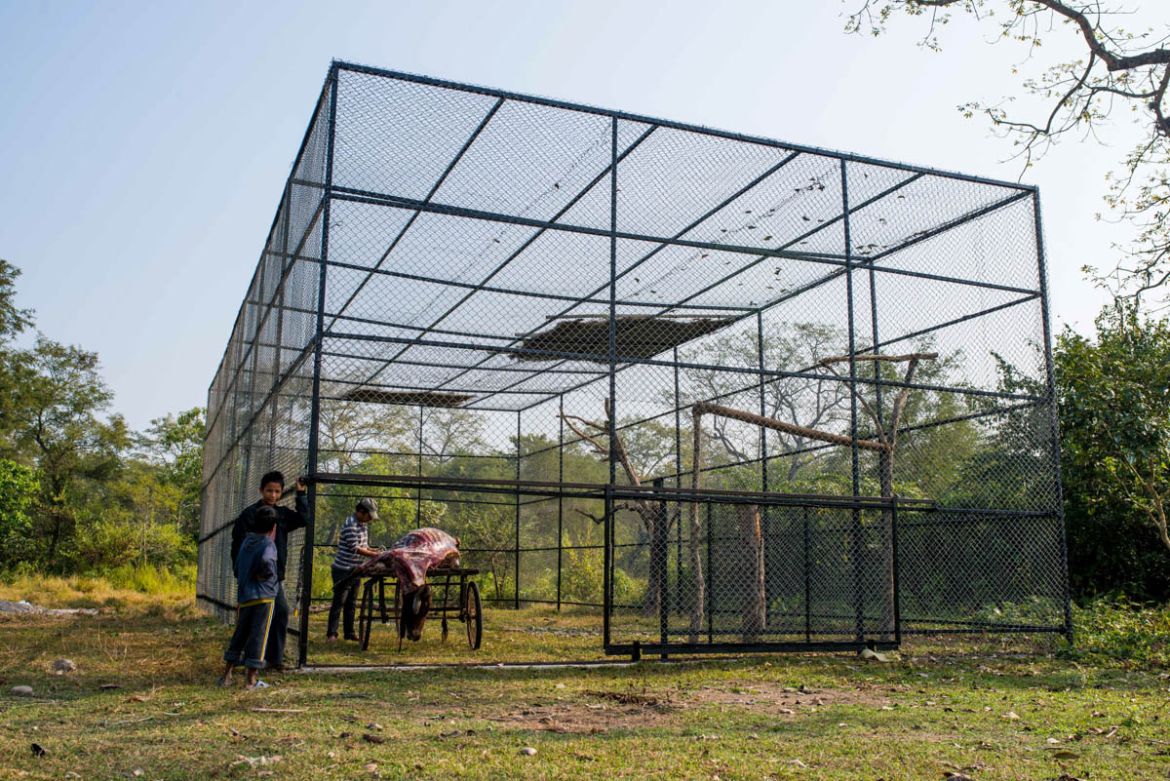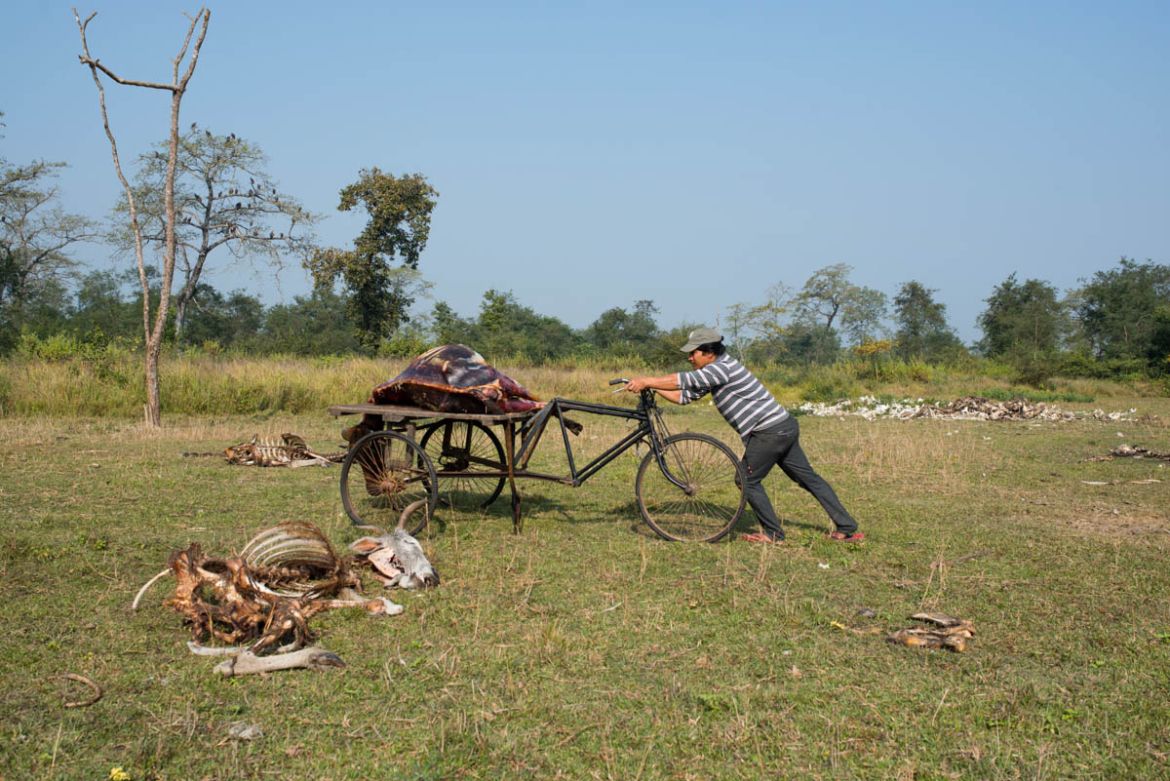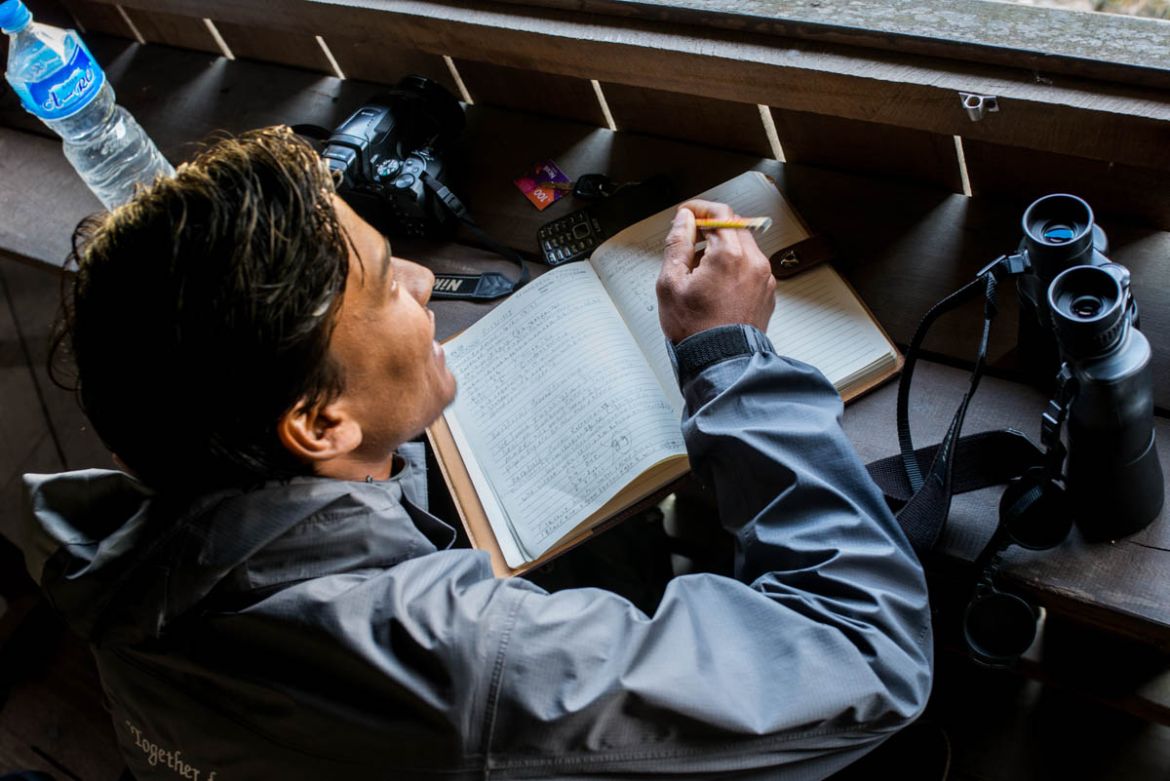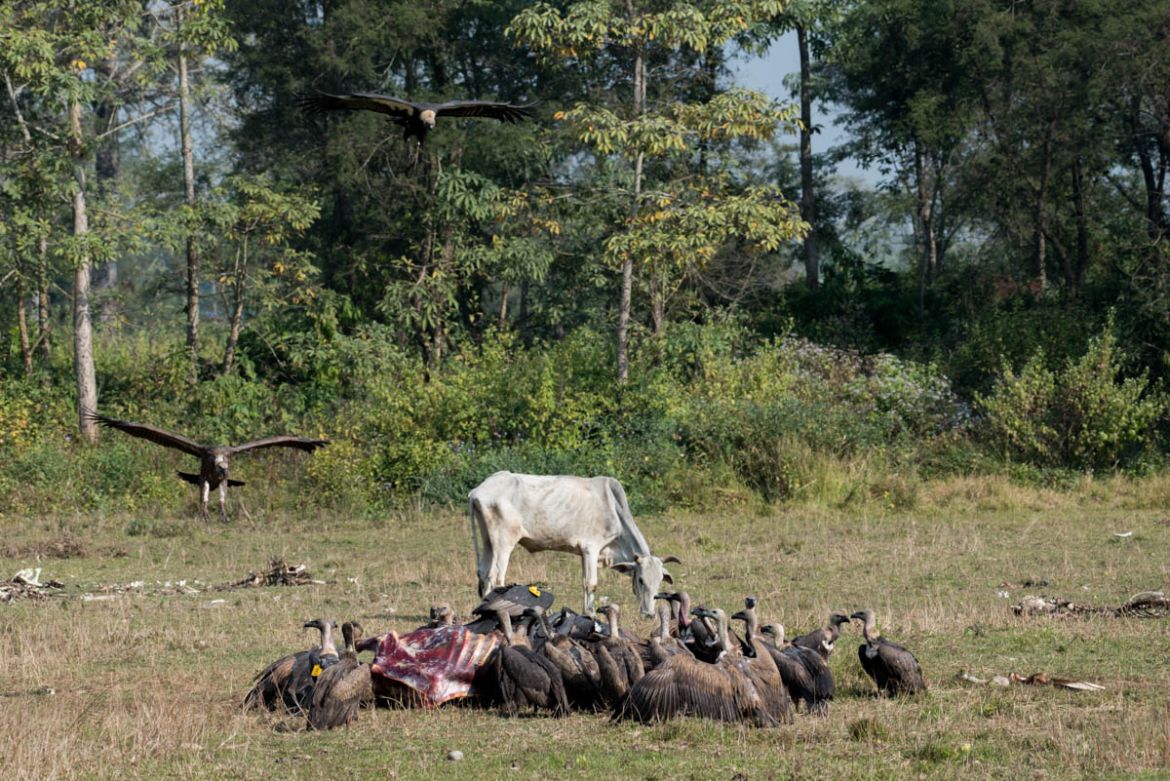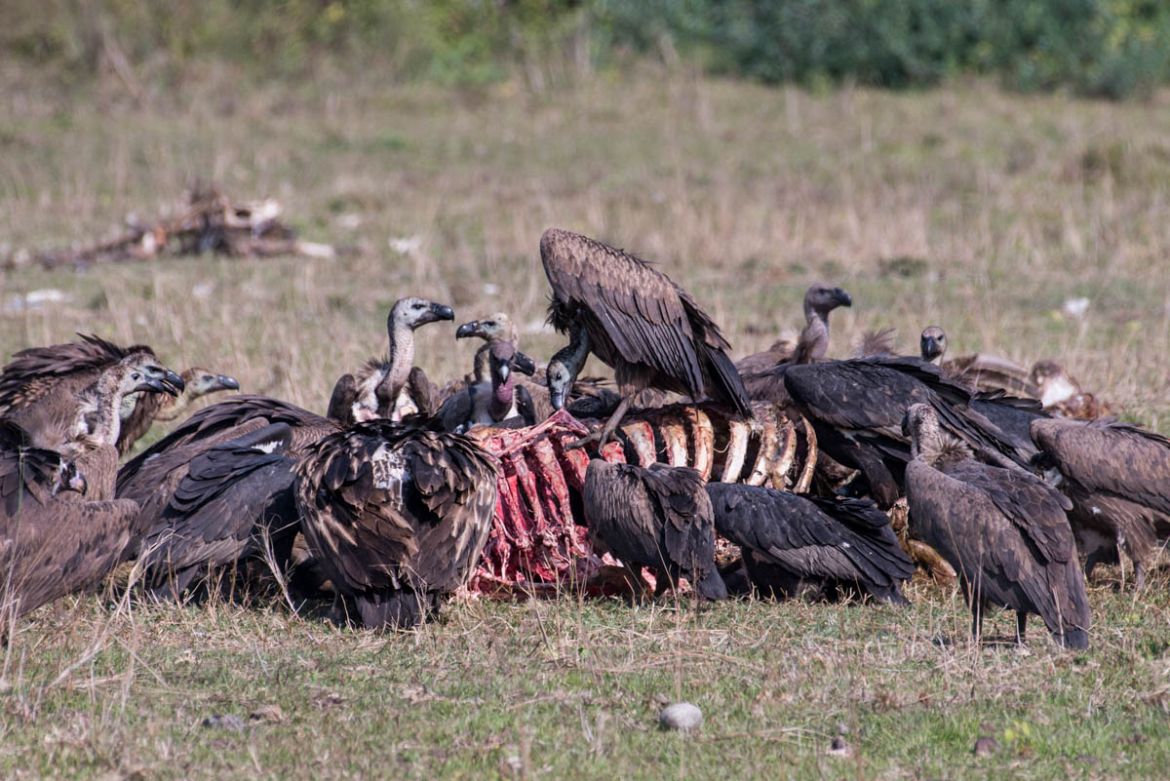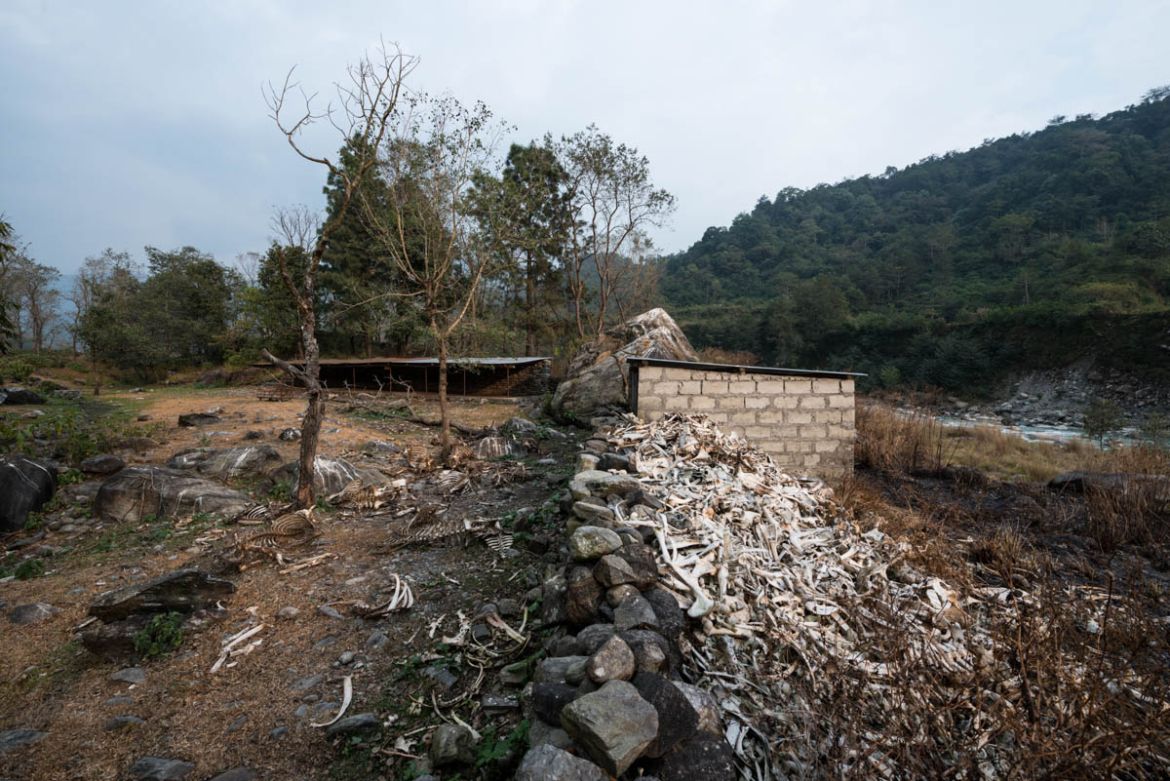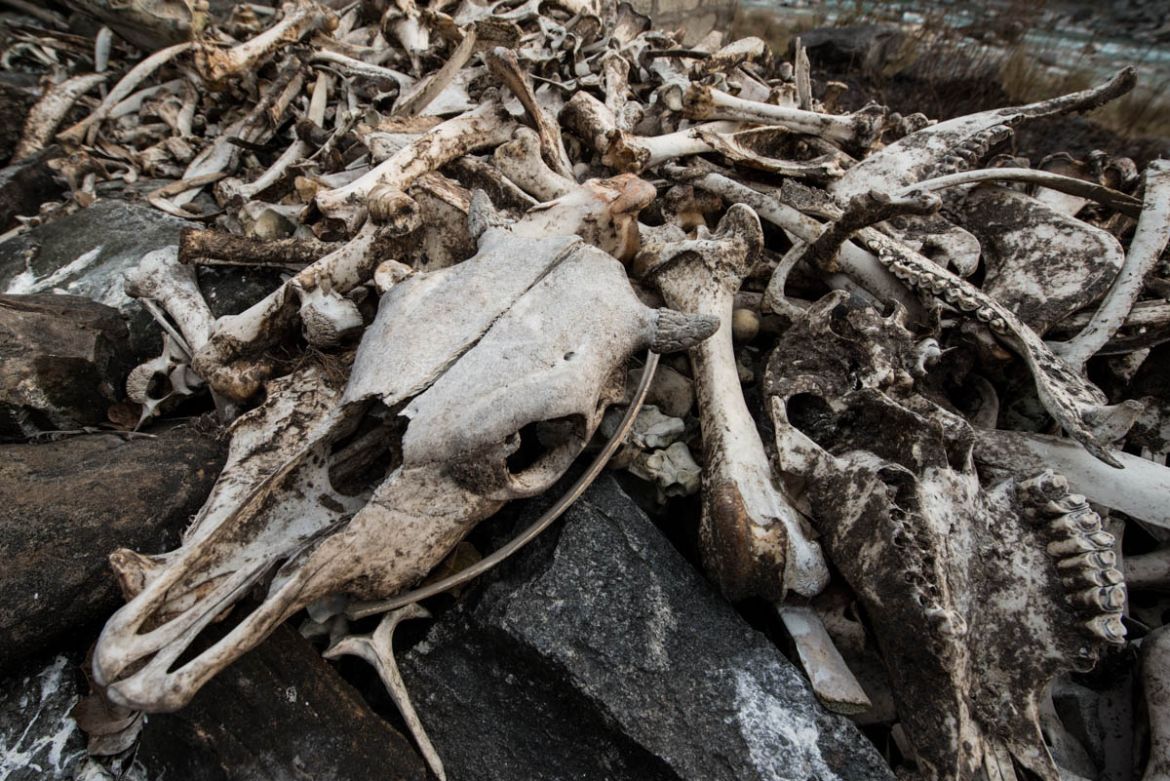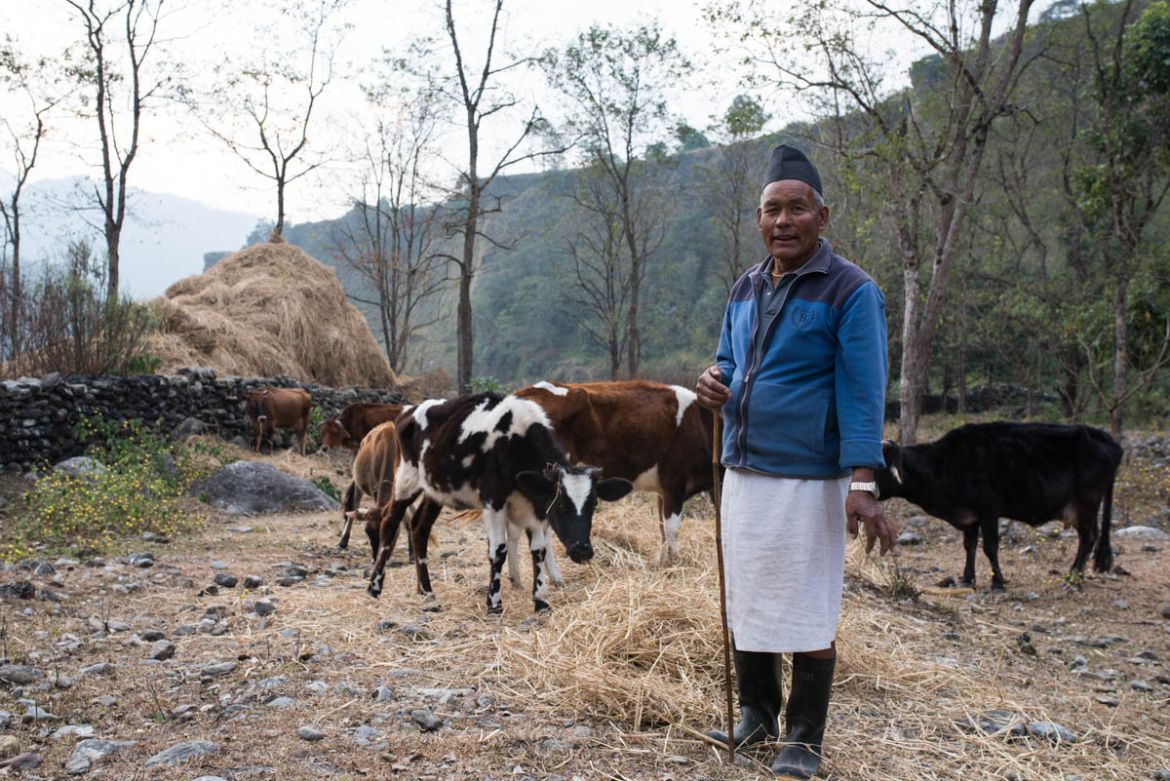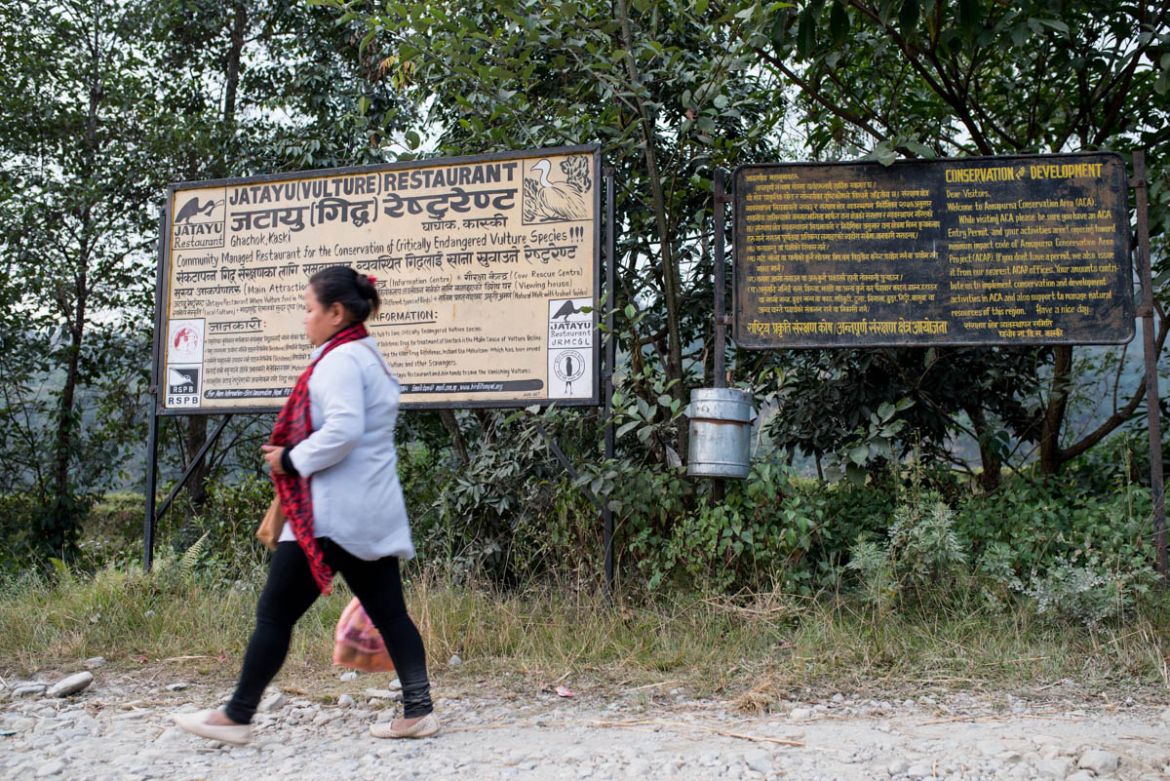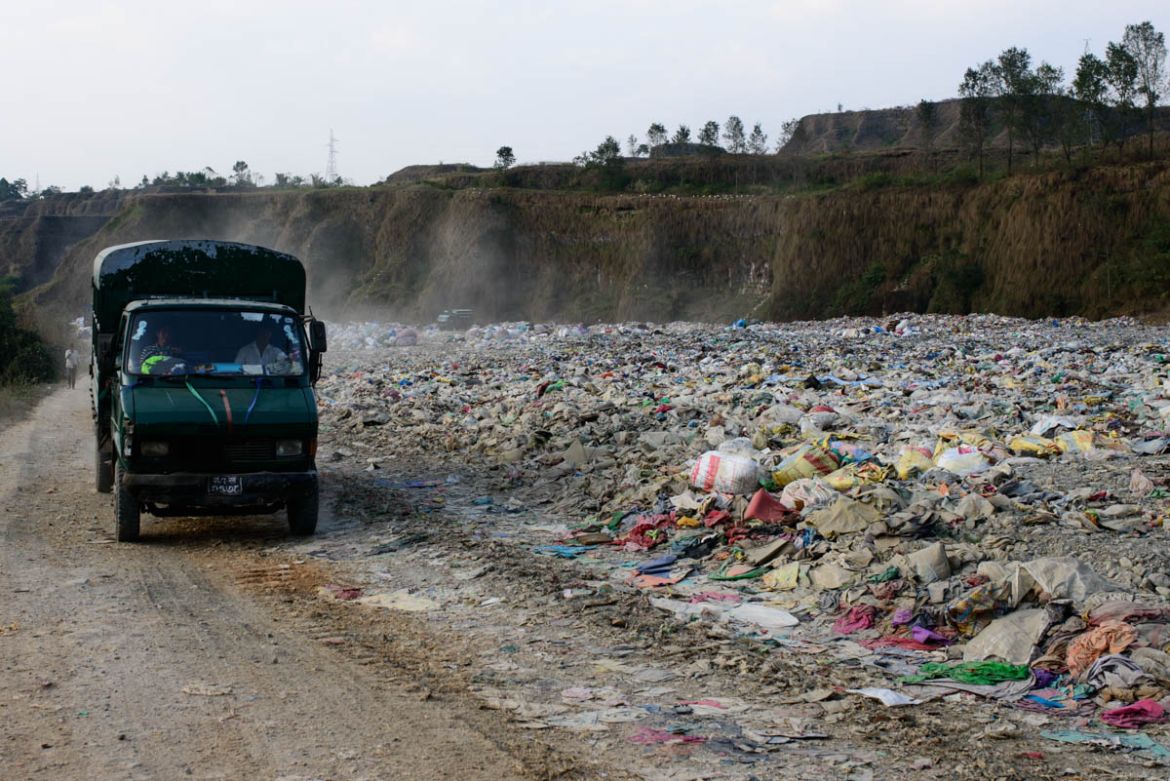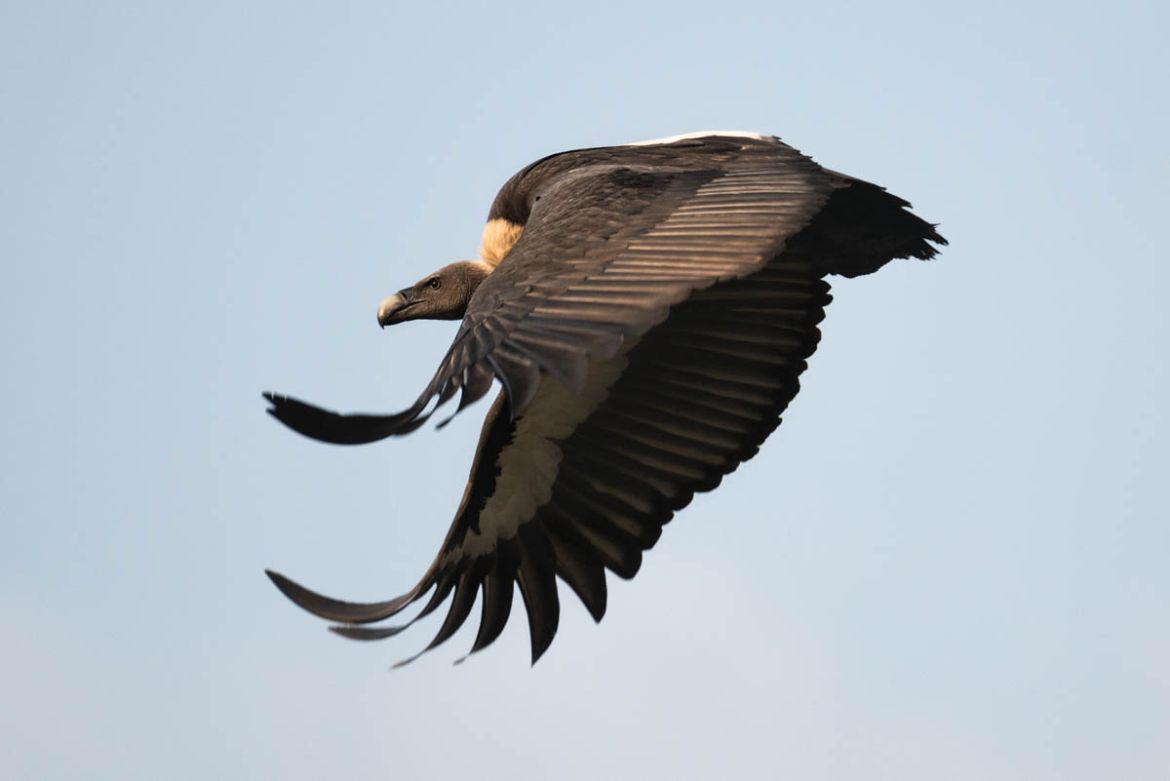In Pictures
The vulture restaurant
The scavenger birds once adorned roofs and telegraph poles across Nepal, but now are only found in special reserves.

Chitwan National Park, Nepal – Nepal is home to nine species of vultures. But five of them, including the white-rumped vulture, experienced a catastrophic population collapse of more than 99 percent in the span of just 20 years. Most species are now critically endangered and risk extinction.
In the 1990s, the scientific community determined the raptors were suffering kidney failures because of an anti-inflammatory veterinary drug used on cattle, called Diclofenac. In regions where few people eat beef due to cultural persuasions, farmers would leave dead dairy cows in the fields for the birds to pick clean. As the birds ate, they got sick and died in massive numbers.
Scavenger birds play a vital role in the ecosystem, helping prevent the spread of disease and pathogens into the wider environment. Nepal’s government banned the use of Diclofenac in 2006, and the non-profit Bird Conservation of Nepal, with international support, established several vulture “restaurants” with an aim to preserve and rebuild the species.
There are seven community-run sites where the raptors are regularly provided safe meat untainted by harmful drugs, allowing them an opportunity to thrive and repopulate. All the reserves have applied a push towards ecotourism.
